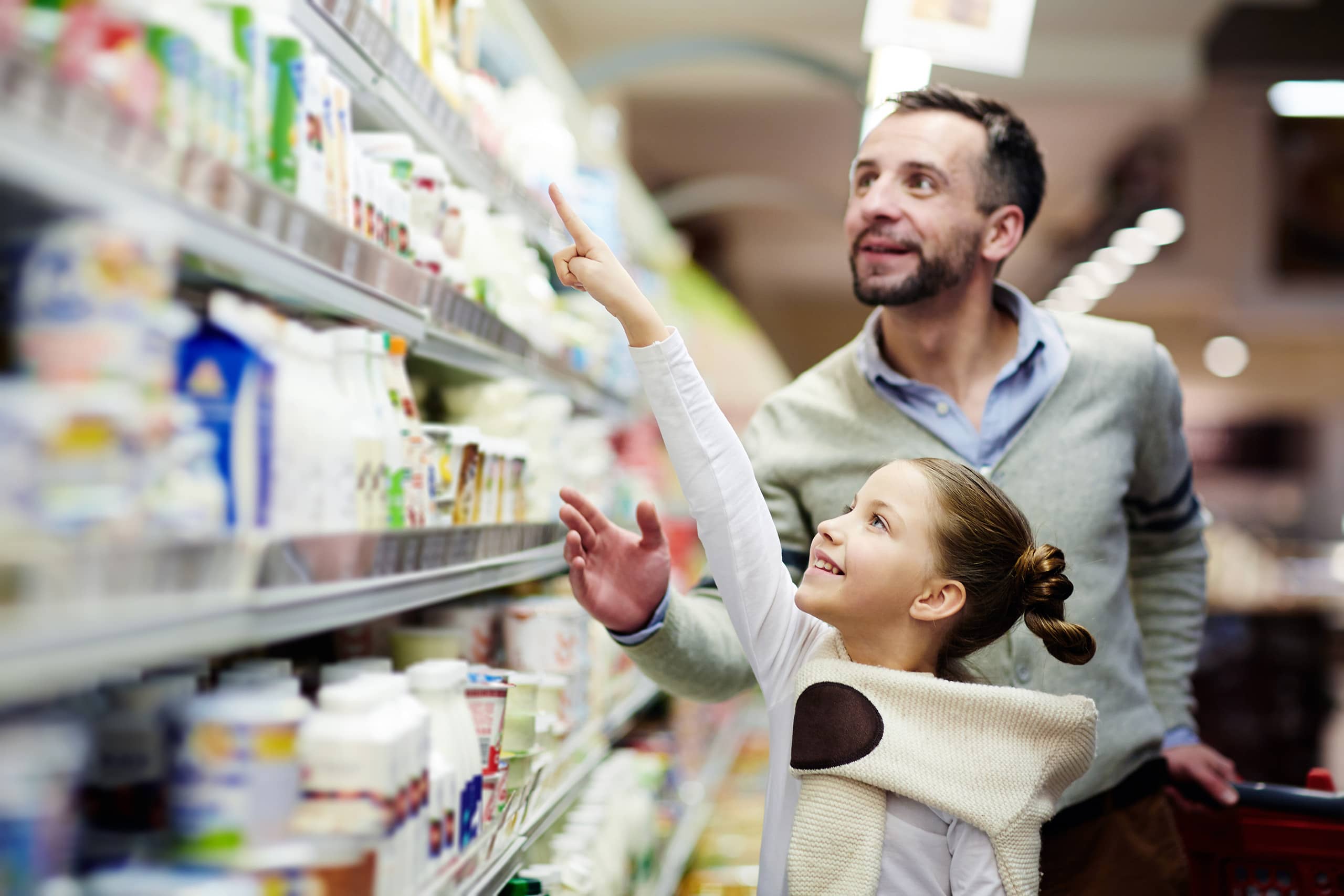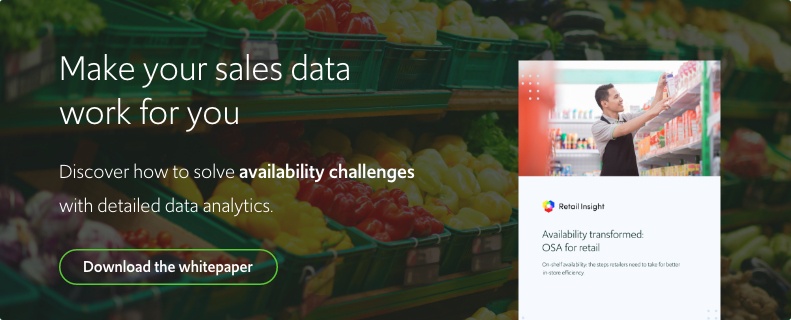
The pandemic: Shifting food consumption habits

- 3 minute read
- Tom Coe
Across the world, the pandemic has had a dramatic impact on how and where we consume food. In many countries, restaurants, bars, diners, and cafes have all been closed to dine-in customers. According to Kantar, this has led to out-of-home food consumption dropping by 30% globally between January and August of 2020, versus the same period in 2019.
As consumers have more and more restrictions placed upon them, the uncertainty that this brings to their purchasing habits is immense. BCG predicts that up to 35% of all food expenditure, a figure that totals around $2.5 trillion across the globe, is currently in flux as consumers experiment with new ways in which to enjoy food at home.
Food retail sales surge as restrictions increase
Consumers are now buying more food at the supermarket than ever before. In the latest 12-week UK grocery trading data from Kantar, food retail sales were up 12.2% versus the same period a year ago and an extra £1 billion was spent in January alone versus the same month in 2020. Such a significant increase in sales is to be expected as retailers have moved quickly to ramp up online capacity to meet surging consumer demand. But this investment into e-commerce is not being offset by as much as expected, pick rates in the UK giant Tesco are down 10-20%, with major inefficiencies harming profitability.
Alongside this, retailers have launched inventive new ranges in their Fresh and Ambient departments, as they look to capture consumers’ imagination with new and compelling food offerings. The proliferation of in-store ranges puts large amounts of pressure on supply chain execution, as retailers seek to ensure optimal product availability and velocity through their chain. This is something Tesco has done exceedingly well, with its December availability at record highs allowing it to delight customers and illustrate how critical in-store availability really is.
Massive revenue growth for meal kit and takeaway services
Alongside supermarket sales growth, we have also seen the rapid emergence of meal kits from the fringes to the mainstream. The proposition of constantly evolving unique and fresh food delivered straight to your door every week all ordered through your phone has skyrocketed through the pandemic. HelloFresh has massively benefitted from this change in consumer behavior, doubling its revenue from July to September of 2020. HelloFresh became so popular amongst consumers, that they had to close their service to new customers for a month as they worked night and day to scale enough to meet surging demand.
But many consumers still crave a food occasion and one of the major benefactors of the pandemic’s tailwinds has been takeaway food. If consumers are unable to dine in at their favorite restaurants, they want to take out wherever possible. The international food delivery group, Just Eat, recorded a 44% increase in revenues during the first half of 2020. In case we needed a further illustration of how popular takeaways have become, we only need look at American food delivery app, DoorDash, whose IPO in October soared to a market value of $60 billion, an 86% increase in their initial price, on revenues of $4.4 billion.
There is no doubt that many consumers have fallen back in love with their local supermarket as a source of normality, a distraction even, during lockdown times. However, many of them have also been introduced to competitive concepts which had previously enjoyed only minimal exposure and market penetration from meal kits to food delivery at scale.
I am unsure whether these behaviors will become the norm post-pandemic, but one thing that all propositions will have in common is the need for executional excellence, whether ensuring product availability in-store or saving seconds through takeaway delivery logistics. There is still huge opportunity for these businesses to scale and to do so more profitably than they did in 2020.
Get in touch
Written by Tom Coe
Tom is the Project Manager to the CEO at Retail Insight. A former NCAA distance runner, he now uses his competitive passion in everything he does at Retail Insight, with a particular focus on strategy and partnerships. He is an MBA graduate from Tulane University and is a Business Management graduate from the University of Birmingham.
You might be interested in


Counting to 10: How to tackle phantom inventory

Post-lockdown sales spikes: How can grocery retailers prepare?

Roadside convenience retail: technology and data insights

How to solve the product availability challenge in 2021

Online grocery – can’t afford to do it, can’t afford not to

Physical stores are the key to grocery ecommerce success

Data-driven performance improvements in grocery retail: Pursuing the 1%

UK shoppers say product availability ‘worse’ than during pandemic panic buying

Sustainability, reducing retail waste, and increasing customer loyalty

Reshaping the supermarket post-pandemic


